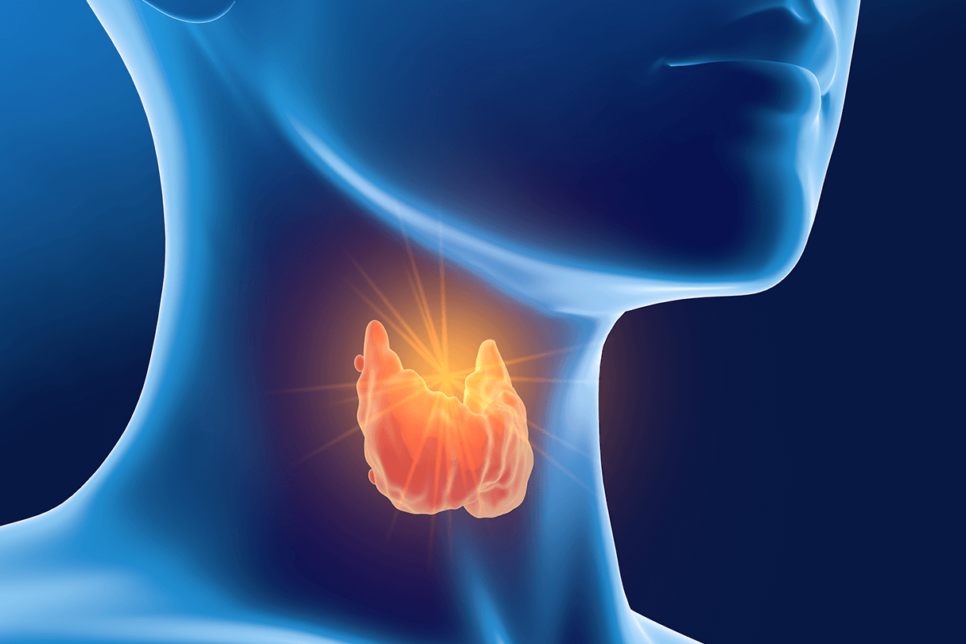Unraveling the Mystery: The Telltale Signs of Hashimoto's Thyroiditis
Discover Hashimoto's thyroiditis symptoms, an autoimmune disease affecting thyroid function, and learn about early warning signs, diagnosis, and treatment optio

Hashimoto's thyroiditis, also known as chronic lymphocytic thyroiditis, is an autoimmune disorder that affects the thyroid gland. It is the most common cause of hypothyroidism, a condition in which the thyroid gland does not produce enough hormones to meet the body's needs. The thyroid gland is an essential organ that produces thyroid hormones, which help regulate metabolism, growth, and development. In Hashimoto's thyroiditis, the immune system mistakenly attacks the thyroid gland, causing inflammation and damage that can lead to underproduction of thyroid hormones. This blog post will focus on the most common symptoms of Hashimoto's thyroiditis and how they can impact daily life.
The symptoms of Hashimoto's thyroiditis can be subtle and may develop gradually over time. They are often similar to those of hypothyroidism, which is why it is essential to understand the specific signs and symptoms of this autoimmune disorder. One of the most common symptoms is fatigue, which can interfere with daily activities and make it difficult to maintain energy levels throughout the day. People with Hashimoto's thyroiditis may also experience weight gain, despite not changing their eating habits or exercise routines. This is due to the decreased metabolic rate caused by low thyroid hormone levels.
Another common symptom of Hashimoto's thyroiditis is a feeling of coldness, even in warm environments. This is because thyroid hormones help regulate the body's temperature, and when they are in short supply, the body may struggle to maintain its usual warmth. This can be particularly bothersome during colder months, causing increased discomfort for those with the condition. Additionally, individuals with Hashimoto's thyroiditis may also experience dry skin and hair, which can become brittle and prone to breakage.
Mental health can also be affected by Hashimoto's thyroiditis, as low thyroid hormone levels can cause issues such as depression, anxiety, and irritability. Cognitive function may also be impacted, leading to difficulty concentrating or remembering information. It is important for those experiencing these symptoms to discuss them with their healthcare provider, as they may be indicative of an underlying issue with the thyroid gland.
Among other symptoms, Hashimoto's thyroiditis can cause joint and muscle pain, making it difficult to engage in physical activities or exercise. This can further contribute to weight gain and exacerbate other symptoms. Women may also experience heavy or irregular menstrual periods due to the hormonal imbalances associated with the condition. This can lead to increased discomfort and may even impact fertility in some cases.
It is crucial to recognize the signs of Hashimoto's thyroiditis, as early diagnosis and treatment can help manage the condition and reduce the severity of symptoms. If you suspect that you or a loved one may be experiencing Hashimoto's thyroiditis, consult with a healthcare provider who can perform tests and determine the appropriate course of action. Treatment often involves hormone replacement therapy, which can help restore normal thyroid function, alleviate symptoms, and improve overall quality of life. Remember, it is never too late to seek help for symptoms that may be impacting your daily life, and addressing Hashimoto's thyroiditis can lead to improved well-being and a healthier future.



